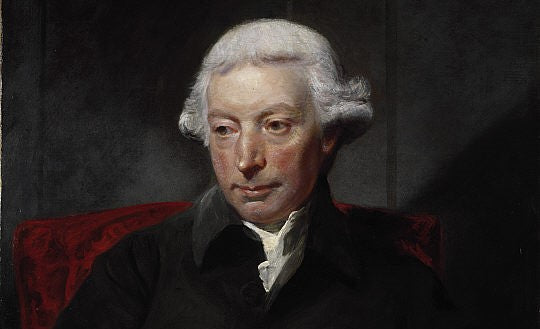Clan Crest & Coats of Arm, Clan Infomation
Fergusson Places & People
Clan Fergusson People
Fergus Mor (d.501)
Also known as Fergus mac Erc, meaning ‘Son of Erc’, Fergus was King of Dalriada and brought his people, the ‘Scoti’, across the Irish Sea from Antrim to settle in Kintyre, bringing the Gaelic language with them.
His descendants would rule Scotland for almost eight hundred years.
James Ferguson (1710-76)
With only three months of schooling in Banffshire, James Ferguson taught himself surveying, and moving to London, went on to build the most accurate clocks of his era.
The quality of his clocks was matched by his astronomical models. His interest in science was expressed in his book writing, with George III among his readers.
Patrick Ferguson (1744-80)
Almost a century ahead of his time, Ferguson, who was born at Pitfours in Aberdeenshire, was a soldier from the age of fifteen. In 1776 he took out a patent for a rifle design he had developed where, rather than loading down the muzzle, the rifle could be more quickly loaded from the breech.
The British military were not interested and it was not until 1790, during the American War of Independence, that the superior firepower of Ferguson’s Corps of Sharpshooters was recognised.
Adam Ferguson (1723-1816) – main image
This man has come to be known as ‘the father of sociology’. After attaining an MA in 1742 from St Andrews University, Adam Ferguson spent twelve years in the army. He then turned to a literary career and became Professor of Natural Philosophy and Moral Philosophy in Edinburgh.
He published the “History of the Roman Republic” in 1783, but it would be his earlier work, “History of Civil Society” in 1767, identifying in his time what would later be termed ‘alienation’, that would influence many, including Marx.
Ferguson died at the age of 92 in St Andrews, Fife.
Robert Fergusson (1750-74)

With his first published work in Ruddiman’s Weekly Magazine in 1771, Robert Fergusson would write over eighty poems, almost half in Scots, and in his short time be regarded as the poetic successor to Allan Ramsay, and the inspiration of Robert Burns.
Noted for its humour and honesty, his work includes “Auld Reekie, The Daft Days and Address to the Tron Kirk Bell”. He lost his mental and physical health dramatically during 1774 and died on 17 October that year as an inmate of the local Bedlam.

